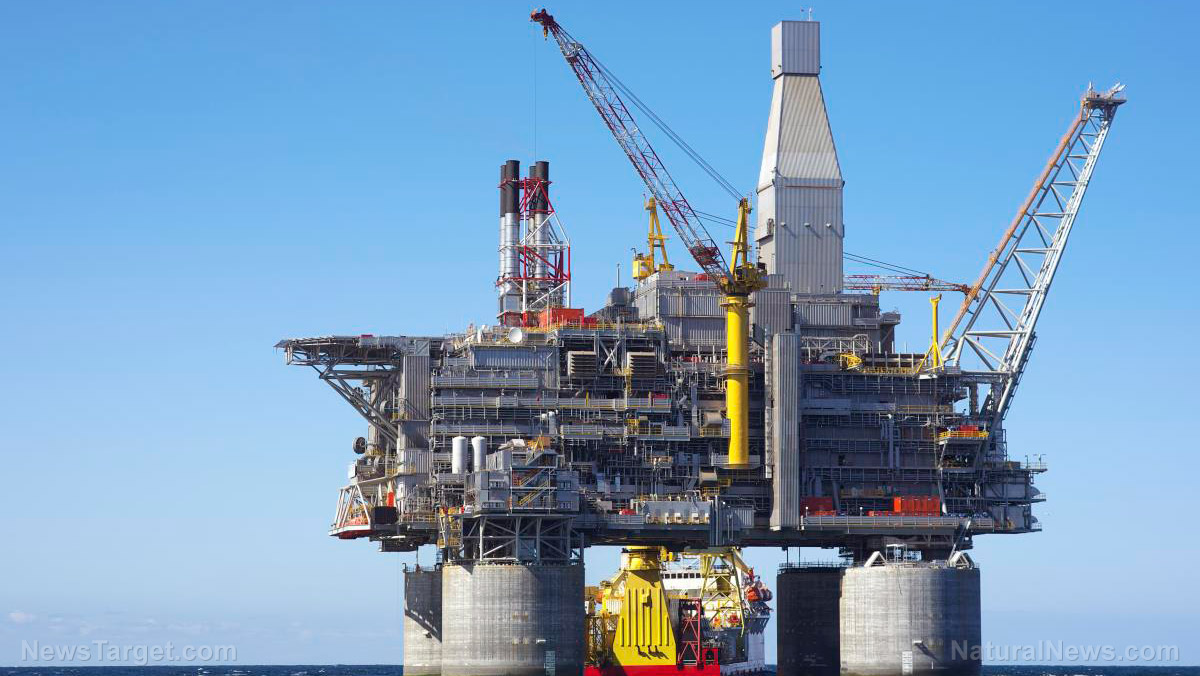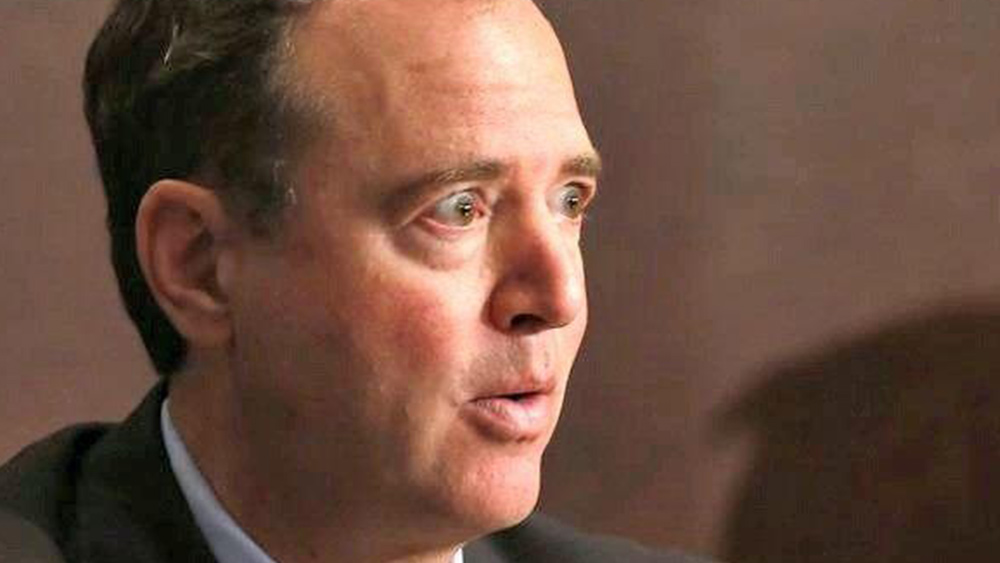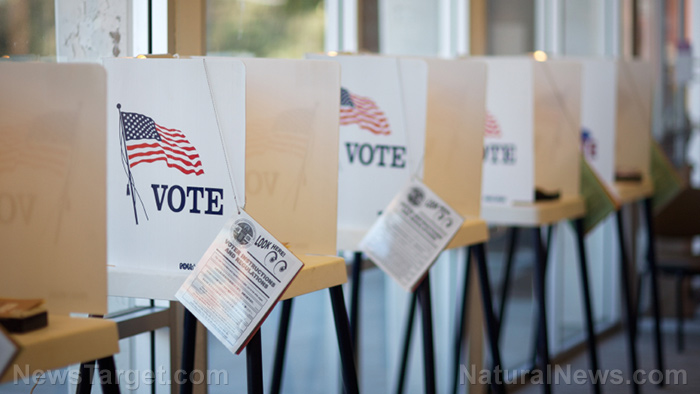Oil price jumps to over $80 per barrel due to energy supply shortages
10/14/2021 / By Mary Villareal

Crude oil price in the U.S. rose 1.5 percent to $80.52 a barrel on Monday, Oct. 11, closing at that rate for the first time since late 2014 and bringing its price climb to 125 percent since the end of October 2020.
Oil is now set to outpace copper by the largest amount since 2002 and is set to have the biggest margin in more than a decade as per Dow Jones Market Data. Similarly, natural gas is also outpacing other commodities.
Copper prices are about 8 percent below a May record, while other materials such as zinc and lead have stalled.
Many industrial metals have also fallen due to fears of softening growth in China, which remains to be the world’s biggest commodities consumer and largest oil importer.
The economic fallout from the impending collapse of the indebted property developer, China Evergrande Group, could also magnify the slowdown caused by the delta variant of the Wuhan coronavirus (COVID-19). This is because the Chinese economy is reliant on real-estate developers for growth and jobs.
Some analysts expect the supply of copper and other metals to be limited by climate concerns, but demand worries have hurt those commodities lately. The Chinese property sector accounts for about 10 percent of global copper demand, so some traders now think metals markets will be adequately supplied.
The persistent rise in crude shows the extent to which traders can expect weak supplies to buoy prices, so they lift fuel costs for consumers and businesses. Energy supply shortages are also slowing factory activities around the world and contributing to the rise in inflation, which has sparked volatility in U.S. stocks in the past weeks.
Analysts project that the stumbling investment in supply by energy companies will prop up oil prices – especially considering that investors are pressuring companies to limit spending and environmental damage, and to return money to shareholders.
Natural gas shortage could spill into oil market
Some analysts believe that a worldwide shortage of natural gas and fuels could spill into the oil market as homes and businesses will need power. With prices already surging in Europe, U.S. natural gas prices hit a nearly 13-year high at $6.31 million British thermal units, bringing their advance for the year to almost 150 percent.
Prices could shoot even higher if the cold temperatures increase in the coming months.
With the natural gas prices and depleted inventories, some power plants may have to use oil as an alternative for electricity generation. This move could boost demand for crude and ramp up wagers regarding environmental pressure from investors.
Brent crude, which gauges oil prices, closed at $83.65 a barrel on Monday. Bank of America analysts said in a recent note that Brent could increase to $100 this winter if there is a surge in demand. More price increases could also add to the pressure of the company and complicate the plans of the Federal Reserve to raise interest rates beginning next year.
These price moves are also drawing attention from other policymakers. Russian President Vladimir Putin, for instance, says that Moscow could help calm the natural gas crisis by increasing the supply of power-generation fuel to Europe.
Energy Secretary Jennifer Granholm says the U.S. is considering releasing oil from the Strategic Petroleum Reserve. Meanwhile, President Joe Biden urges the Organization of the Petroleum Exporting Countries (OPEC) to increase oil production more quickly to ease any supply constraints. (Related: Natural gas prices worldwide soar to record highs.)
Analysts say OPEC members, countries like Russia and private companies that are less subject to environmental pressure are poised to exert more influence in commodity markets. OPEC recently opted to stick with measured supply increases, helping power oil prices even higher.
Read more about the global economy on Bubble.news.
Sources include:
Tagged Under: big government, China, energy demand, energy production, energy supply, gas prices, gas production, global economy, heating fuel, natural gas, natural gas exports, power, power grid, property sector, Russia, shortage
RECENT NEWS & ARTICLES
COPYRIGHT © 2017 BIG GOVERNMENT NEWS





















